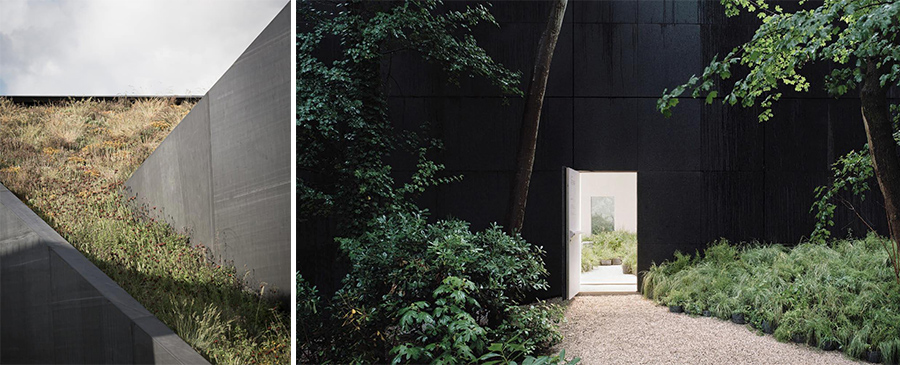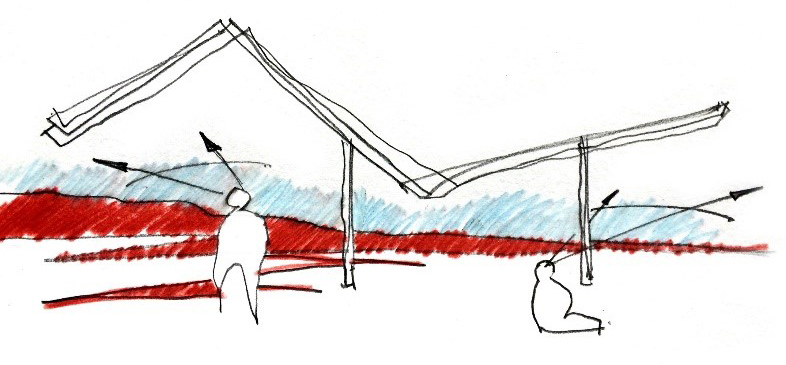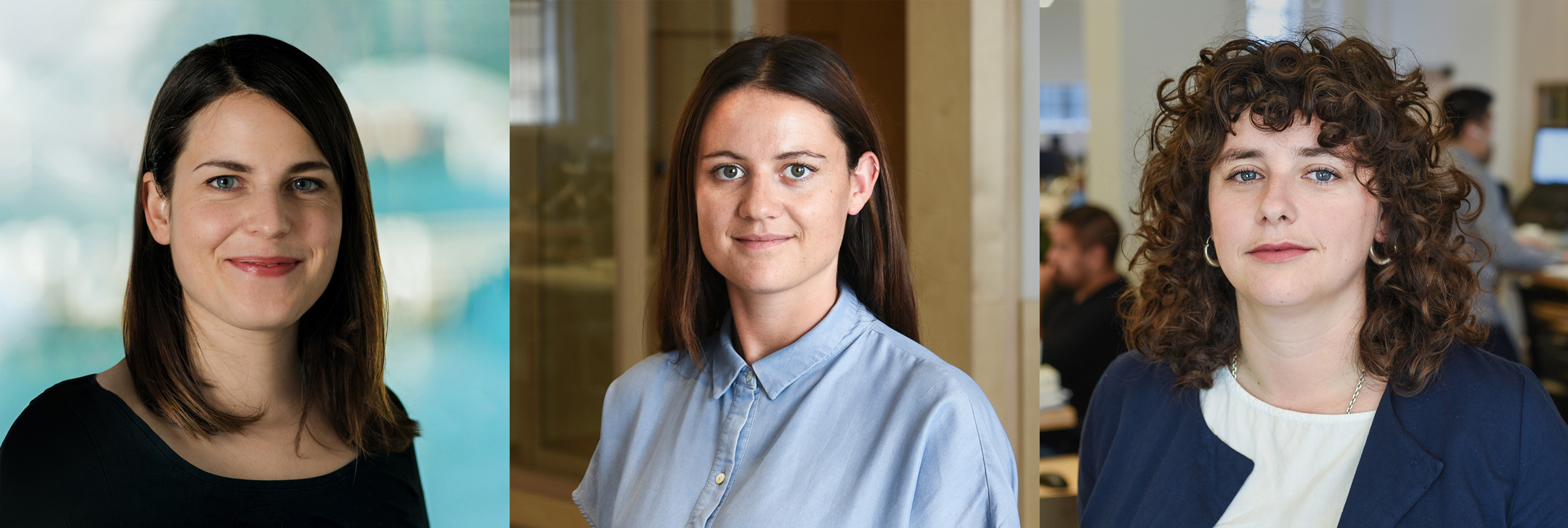In keeping with Hayball’s research-led design ethos, we are so proud to share the news that three of our Sydney studio staff-members have been granted prestigious scholarships, allowing them to pursue three meaningful and significant research projects that will inform the industry and society more broadly on some vitally important aspects of design.
Natalia Krysiak will use her Churchill Fellowship to study the effect high density living has on children, while our two Byera Hadley Travelling Scholarship recipients, Eleanor Peres and Anna Ewald-Rice are or will be respectively exploring Urban Architectures of Native Ecologies, and Pocket Possibilities: ‘Freespace’ on Country – A tool for applying principles of ‘Freespace 2018’ to designing with Australian Indigenous communities.
All our scholarship winners are either currently on, or actively planning their research trips, and we will be updating this page with images, observations and eventual outcomes as they come in. Stay tuned!
Natalia Krysiak – Churchill Fellowship
Project Title: To investigate best practice for designing child-friendly high density neighbourhoods – Singapore, China, Japan, Canada, UK
The number of families living in high density neighbourhoods is rapidly increasing in almost every capital city in Australia, particularly in Sydney were almost 30% of high rise buildings are now occupied by families with children. Australia is lagging behind international best practice, with a lack of guidelines and regulations to ensure that the well-being of children and their families living in these neighbourhoods are met and regulated. This project will investigate best practice in designing new vertical communities for families. Research will focus on the applicability of design guidelines and social policies from around the world and document these outcomes for application in Australian cities. This research will contribute to the advancement of knowledge surrounding this significantly under-researched topic and challenge perceptions which determine future planning strategies.
Eleanor Peres – Byera Hadley Travelling Scholarship
Project Title: the Urban Architectures of Native Ecologies

Overview:
Eleanor would like to acknowledge and dedicate respect to the Gadigal people of the Eora Nation, the traditional custodians of the land we gather upon, and extend the same offering to the native ecology of the land. Sydney Turpentine Ironbark Forest is a critically endangered community of which only 0.5% of the original coverage remains today.
Her research proposal seeks to investigate architecture structures that engage in the repair and proliferation of diverse native ecologies amongst dense urban fabric. In advocacy of the benefit a thriving ecology can afford the balance, wellbeing and function of a city, this research program will explore the policies and practices embedded in successful spaces of regeneration, and document architectural interventions that actively illustrate and demonstrate a connected ecological network in all three dimensions of a city.
Anna Ewald-Rice – Byera Hadley Travelling Scholarship
Project Title: Pocket Possibilities : ‘Freespace’ on Country – A tool for applying principles of ‘Freespace 2018’ to designing with Australian Indigenous communities

Overview:
The aim of the project is to develop a practical pocket guide for use by architects and consultants when designing with Indigenous communities. Foregrounding principles drawn from ‘Freespace 2018’ Venice Biennale, centered around an ‘architecture of possibility’ it will be a tool which aids inclusive culturally sensitive designing and fosters cultural exchange.
Through my own experiences of working with multiple indigenous communities it became apparent that the wider, less tangible spatial issues associated with designing for possibility where harder to speak of in conversations between client and designer. This suggested a need for a guide, a working prompt which identifies and provides ways to discuss and explore such qualitative and intangible issues. This prompt will be visually based and promote ‘exchange through doing’ which circumvents the difficulties of multiple languages and diverse learning systems. I plan to work closely with the Warburton community to refine the guide through an iterative process of development.




